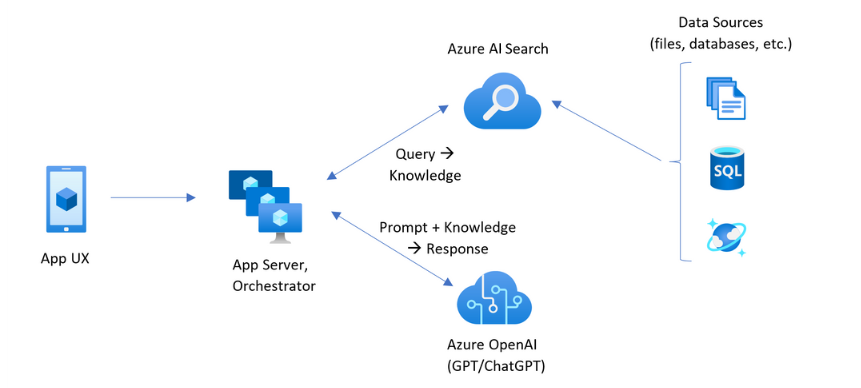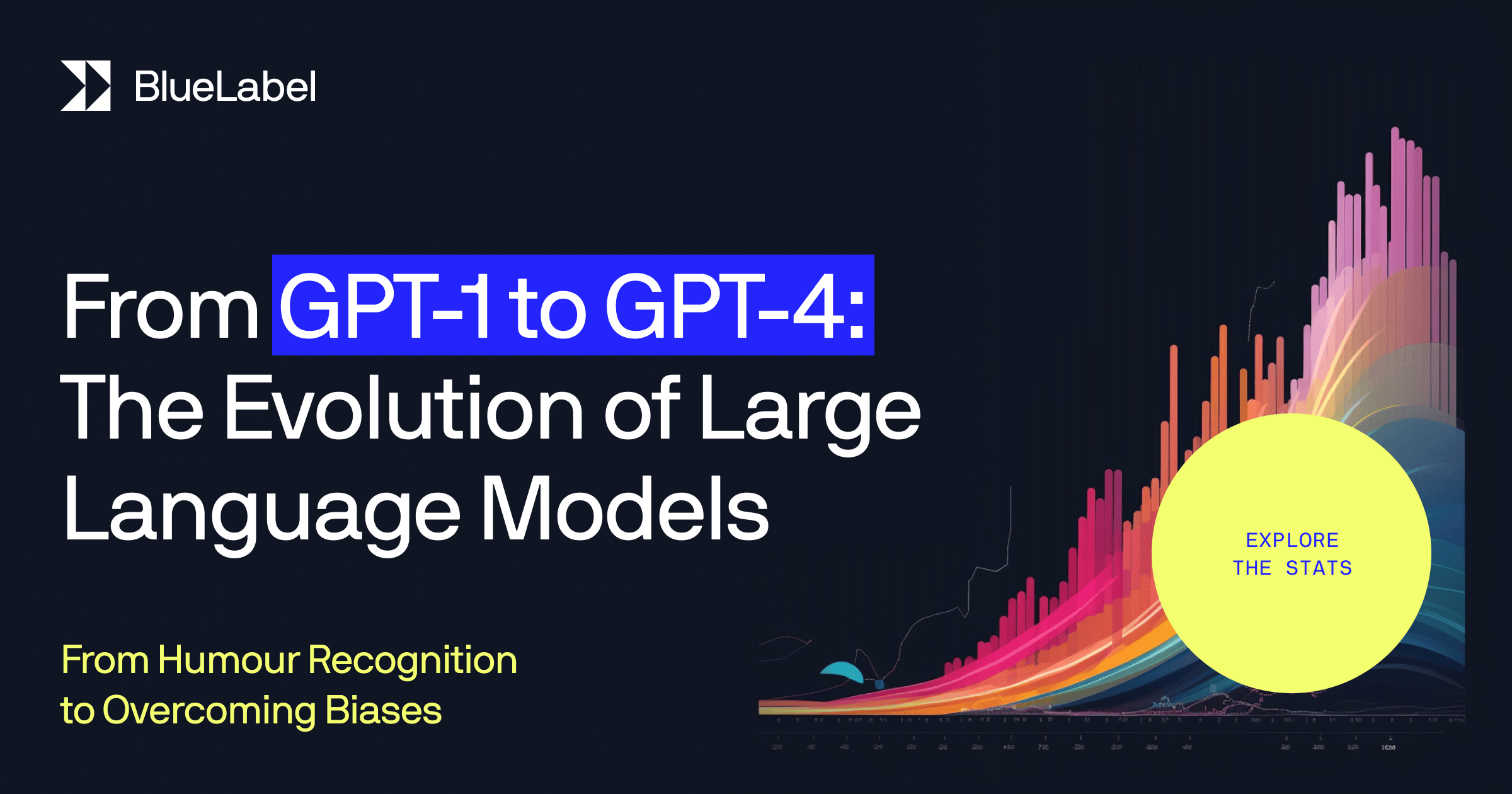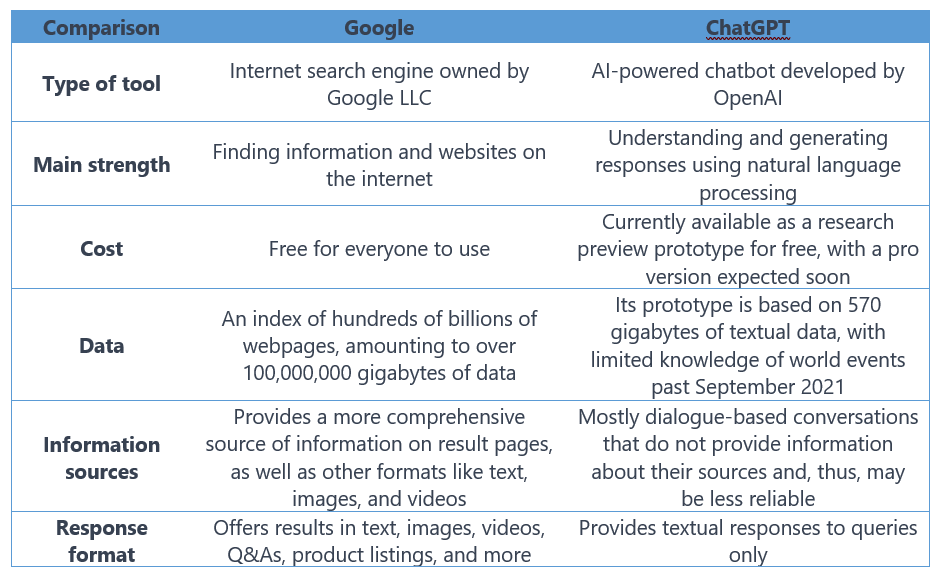Details about OpenAI's search engine
An early concern with OpenAI's ChatGPT was the knowledge cutoff issue: Large language models (LLMs) only know about the world until a certain date. For example, the GPT-4o model that powers ChatGPT, as of this writing, has a knowledge cutoff of October 2023. With the older GPT-4 model, that cutoff was September 2021.
In contrast, a traditional search engine such as Google has no knowledge cutoff. Google search constantly crawls the internet to add the freshest possible information to the index. LLM knowledge cutoff is a challenge that multiple vendors are looking to solve with search capabilities powered by generative AI (GenAI). OpenAI is one of those vendors, and ChatGPT search is a GenAI search engine built by OpenAI.
OpenAI's GPT Models
GPT stands for Generative Pre-Trained Transformer. GPT-3, GPT-4 and GPT-4o are the foundational LLMs that OpenAI developed to power ChatGPT. With ChatGPT search, OpenAI pairs the power of a traditional search engine with the capabilities of its GPT LLMs, eliminating knowledge cutoff as it mines real-time data from across the web.

The service, originally announced under the name SearchGPT as a challenge to Google on July 25, 2024, had an initial waitlist that limited access to the prototype. OpenAI made the service more generally available on Oct. 31, integrating the GenAI search into its ChatGPT service under the name ChatGPT search.
Users with access to ChatGPT search -- ChatGPT Plus and Team members at present, Enterprise and Education users by year's end -- avoid knowledge cutoff issues. OpenAI plans to make the service available to free users by early 2025.
Key Features of ChatGPT Search
ChatGPT search expands the capabilities of the core ChatGPT service. The search's key features include the following:
- Combining technologies for efficient results
- Usage of a fine-tuned GPT-4o model

Incorporation of third-party search providers and media content
Partnerships and Access Points

In fact, OpenAI already has multiple partnerships in the media industry. Any website or publisher can choose to appear in ChatGPT search results, and a dedicated feedback channel -- email protected -- maintains open communication with content providers.
Multiple access points make it easier for users to connect to ChatGPT search across different platforms and devices.
Comparison with Traditional Search Engines
Google has long dominated the search space. It's a position that OpenAI is looking to challenge with ChatGPT search's capabilities.
Traditional search engines, including Google, focus on providing links to external sources. In contrast, ChatGPT search summarizes information directly, offering quick answers to user queries.
While Google search is based on keyword matching, ChatGPT search uses real-time data and LLM technology to offer more relevant responses.
Future Plans for ChatGPT Search
OpenAI has outlined some plans for ChatGPT search. That roadmap includes the following goals:
- Wider availability for free users by early 2025
- Enhancements to search algorithms for improved user experience










